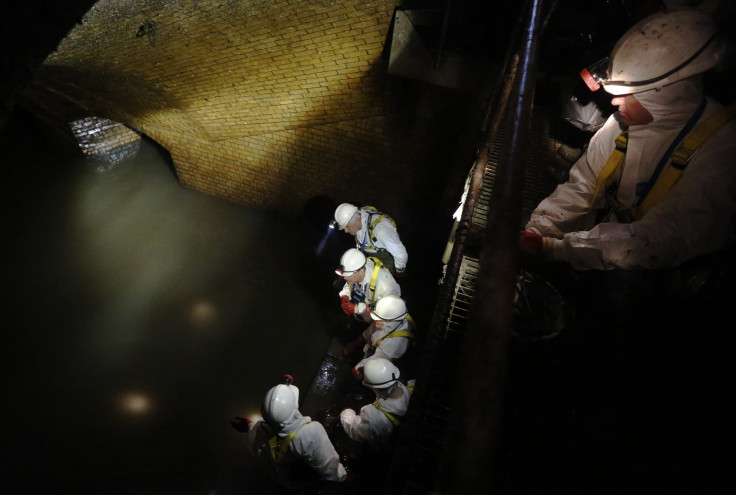4 New COVID-19 Variants Found In NYC Sewers, Likely Antibody-Resistant
KEY POINTS
- The study suggests that COVID mutations could be infecting dogs and rats
- Officials from the Health Department said they are yet to confirm infections In rats
- The mutations may lead to an outbreak in NYC sewers, the study says
A group of researchers has found four new COVID-19 variants in sewers in New York City and noted that the new strains could reduce the efficacy of existing vaccines.
In a preprint study published on medRxiv Thursday, a team of virologists and microbiologists from The City University of New York’s Queens and Queensborough colleges, the New School and the University of Missouri suggested that the four new combinations of COVID mutations could be infecting dogs and rats, which may lead to an outbreak in the city’s sewers.
The researchers collected samples from the city’s 14 wastewater treatment plants since June 2020 and spent months analyzing them for different COVID-19 variants.
They found that the four variants could have some type of antibody resistance, which means current COVID-19 vaccines may not be as effective against these variants when compared to their efficacy against the original coronavirus strain.
The researchers have presented their study to New York City officials. However, they said the Department of Environmental Protection did not offer to support their research.
“The city officials basically told us if we wanted to do any kind of surveillance of the rats we would have to do it ourselves. They had zero willingness to help explore this potential public health risk,” Dr. Marc Johnson, a virologist at the University of Missouri, said, according to the Documenting COVID-19 project.
Officials from the Department of Health and Mental Hygiene said they have reviewed the “preliminary” study, noting that they are yet to confirm infections in rats. They also cited a study conducted in Belgium that suggested no infections were found in rodents.
“One thing we do know from clinical testing and surveillance is that COVID-19 is circulating in NYC and the best way for New Yorkers to protect themselves and others is to get vaccinated,” Department of Health spokesperson Patrick Gallahue said, according to NBC New York.
News about the study comes as health officials in South Florida announced that they found the B.1.621 variant, first detected in Columbia, among some of the state’s coronavirus patients. The variant currently accounts for 10% of all cases sequences at the University of Miami’s pathology lab.

© Copyright IBTimes 2025. All rights reserved.






















